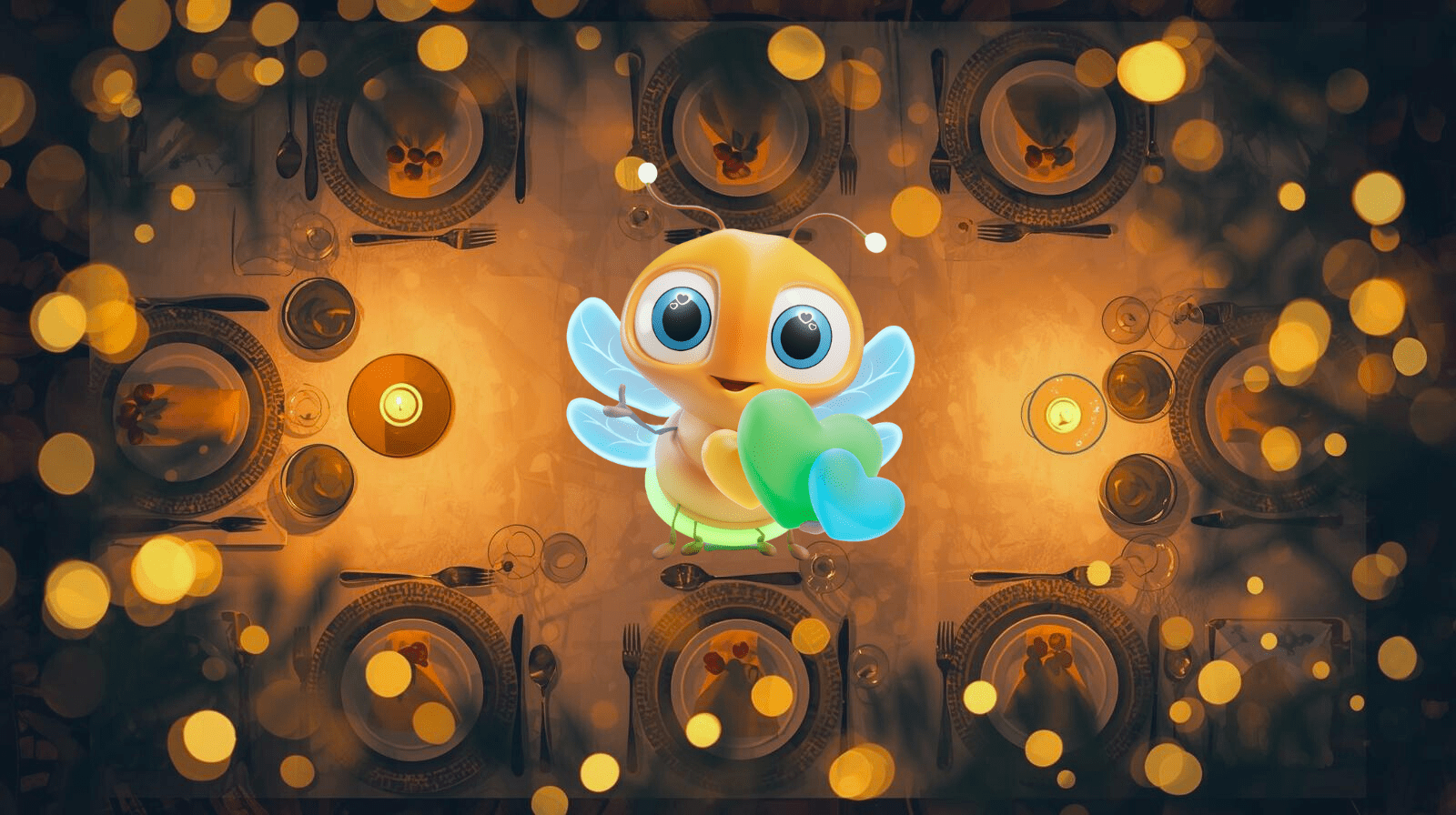Breaking Through Mental Barriers: When You Feel Stuck in Life
The blank page stares back at you. The job applications sit untouched. The conversation you need to have remains unspoken. The dream you once felt passionate about now feels impossibly distant. Something invisible holds you back—a mental barrier as real as any physical wall, yet somehow more difficult to overcome.
We’ve all been there. That frustrating sense of being stuck, whether it’s a major life transition or a seemingly small daily block. The good news? Being stuck isn’t a personal failing. It’s a natural part of growth.
The Science of Getting Stuck
Progress isn’t linear. Anders Ericsson’s research on expertise shows that plateaus aren’t failures—they’re natural pauses where your brain consolidates learning before the next breakthrough.
Mental barriers appear at both levels:
- Macro barriers: Feeling paralyzed after a breakup, stuck in career indecision, frozen by major life transitions
- Micro barriers: Writer’s block, decision fatigue, creative drought, staring at your to-do list unable to start
Amy Arnsten’s research shows that when we feel stuck, stress hormones impair our prefrontal cortex—the part responsible for rational planning. The more stuck we feel, the harder it becomes to think our way out.
Why We Hit Mental Blocks
- Fear of Failure or Success: We’re not stuck because we don’t know what to do, but because we’re afraid of what happens next. Gay Hendricks calls this the “upper limit problem”—unconscious sabotage when approaching new levels of success.
- Perfectionism Paralysis: Thomas Curran’s research shows perfectionism has increased significantly, creating barriers where “good enough” never feels sufficient.
- Decision Overload: Barry Schwartz’s “paradox of choice” reveals too many options paralyze decision-making.
- Unprocessed Emotions: Sometimes barriers aren’t logical—they’re emotional. Grief, disappointment, or fear create blocks that logic can’t overcome.
- Identity Conflicts: Forward movement requires letting go of old identities. The aspiring writer faces not just writing challenges, but claiming the identity of “writer.”
The Three-Step Framework for Breaking Through
Step 1: Talk It Out—Understanding Where You’re Actually Stuck
The first breakthrough happens through articulation. When thoughts swirl in your mind, they remain abstract and overwhelming. Speaking or writing them transforms anxiety into concrete challenges.
James Pennebaker’s research shows expressive writing about emotional experiences improves both mental and physical health. Putting feelings into words activates the prefrontal cortex, helping regulate emotions and gain clarity.
Ask yourself deepening questions:
- “What would I do if I knew I couldn’t fail?”
- “What’s the smallest possible step I could take right now?”
- “What am I afraid will happen if I move forward?”
- “What patterns from my past might be influencing this?”
Often, the barrier isn’t where you think. You might believe you’re stuck on a career decision when you’re actually avoiding a difficult conversation.
Step 2: Set Manageable Goals—Creating Momentum Through Small Wins
Once you understand where you’re stuck, resist the urge to set ambitious goals. BJ Fogg‘s research shows sustainable change happens through tiny, consistent actions—not dramatic overhauls.
When stuck, your confidence is fragile. Large goals create pressure and increase abandonment risk. Instead, break barriers into the smallest possible next action.
The Micro-Progress Principle:
- Stuck on job search? “Spend 15 minutes updating one resume section” not “find a new job”
- Facing writer’s block? “Write three sentences about anything” not “write the article”
Teresa Amabile’s “progress principle” shows small wins have outsized psychological impact. Each completed micro-goal releases dopamine, retraining your brain to associate action with positive outcomes.
Effective Goal-Setting When Stuck:
- Make it specific: “Outline three main points” not “work on project”
- Make it time-bound: “For 10 minutes” removes indefinite effort anxiety
- Make it achievable: Choose something you’re 90% certain you can complete
- Make it meaningful: Connect small actions to larger purpose
The goal isn’t just completion—it’s momentum. Objects at rest stay at rest, but objects in motion stay in motion.
Step 3: Journal Through It—Reflection as the Key to Breakthrough
Consistent self-reflection transforms temporary progress into lasting breakthrough. Research in the Journal of Experimental Psychology shows reflective writing improves problem-solving and reduces intrusive thoughts.
Effective Journaling for Breaking Through:
- Daily Progress Notes: Track what you did and how it felt. “Updated my resume. Felt anxious starting but accomplished after.” This builds awareness of emotional patterns.
- Barrier Identification: “What stopped me today?” and “What helped me move forward?” reveal patterns over time.
- Gratitude for Small Wins: Robert Emmons’ research shows gratitude improves wellbeing. When stuck, it recalibrates your sense of progress.
- Future Self Dialogue: Write letters from the perspective of having broken through. This mental contrasting helps clarify obstacles and solutions.
The power isn’t in perfect insights daily—it’s in the consistency of checking in, creating a record of your journey, and recognizing that even when you feel motionless, you’re processing and preparing for a breakthrough.
Common Pitfalls When Trying to Break Through
- Waiting for Motivation: Motivation follows action more than it precedes it. Starting a task—even reluctantly—often generates motivation to continue.
- Comparison to Others: Everyone’s timeline is different. Social comparison decreases wellbeing and increases anxiety.
- All-or-Nothing Thinking: “If I can’t do it perfectly, I won’t do it at all” is the most common trap. Progress is messy and imperfect—that’s what makes it real.
- Ignoring Your Body: Mental barriers often have physical components. Sleep deprivation, poor nutrition, and lack of movement all impair executive function.
When Barriers Signal Deeper Issues
Sometimes persistent stuck feelings indicate deeper challenges requiring professional support. If you experience:
- Persistent hopelessness that doesn’t lift with small wins
- Physical symptoms like chronic fatigue or pain
- Inability to engage in basic self-care
- Thoughts of self-harm
These aren’t just mental barriers—they’re signs to reach out for professional mental health support.
The Breakthrough Mindset
Breaking through mental barriers isn’t about becoming someone who never gets stuck. It’s about developing a different relationship with stuck periods—seeing them as natural parts of growth rather than personal failures.
The most resilient people aren’t those who never hit barriers; they’re those who’ve developed systems for working through them. They know that articulating the block, taking small action, and reflecting on progress creates a sustainable cycle of forward movement.
You’re not stuck because something is wrong with you. You’re stuck because you’re human, navigating complex challenges in an uncertain world. The fact that you’re seeking understanding and strategies means you’re already in motion.
Your breakthrough doesn’t require dramatic clarity or sudden motivation. It requires understanding where you’re stuck, taking one small step forward, and reflecting on what you learn. That’s it.
Ready to break through your barriers? The Life & Me app provides tools designed specifically for getting unstuck: talk through blocks with AI support, set manageable goals that build momentum, and maintain a reflective journal that reveals patterns and progress.



